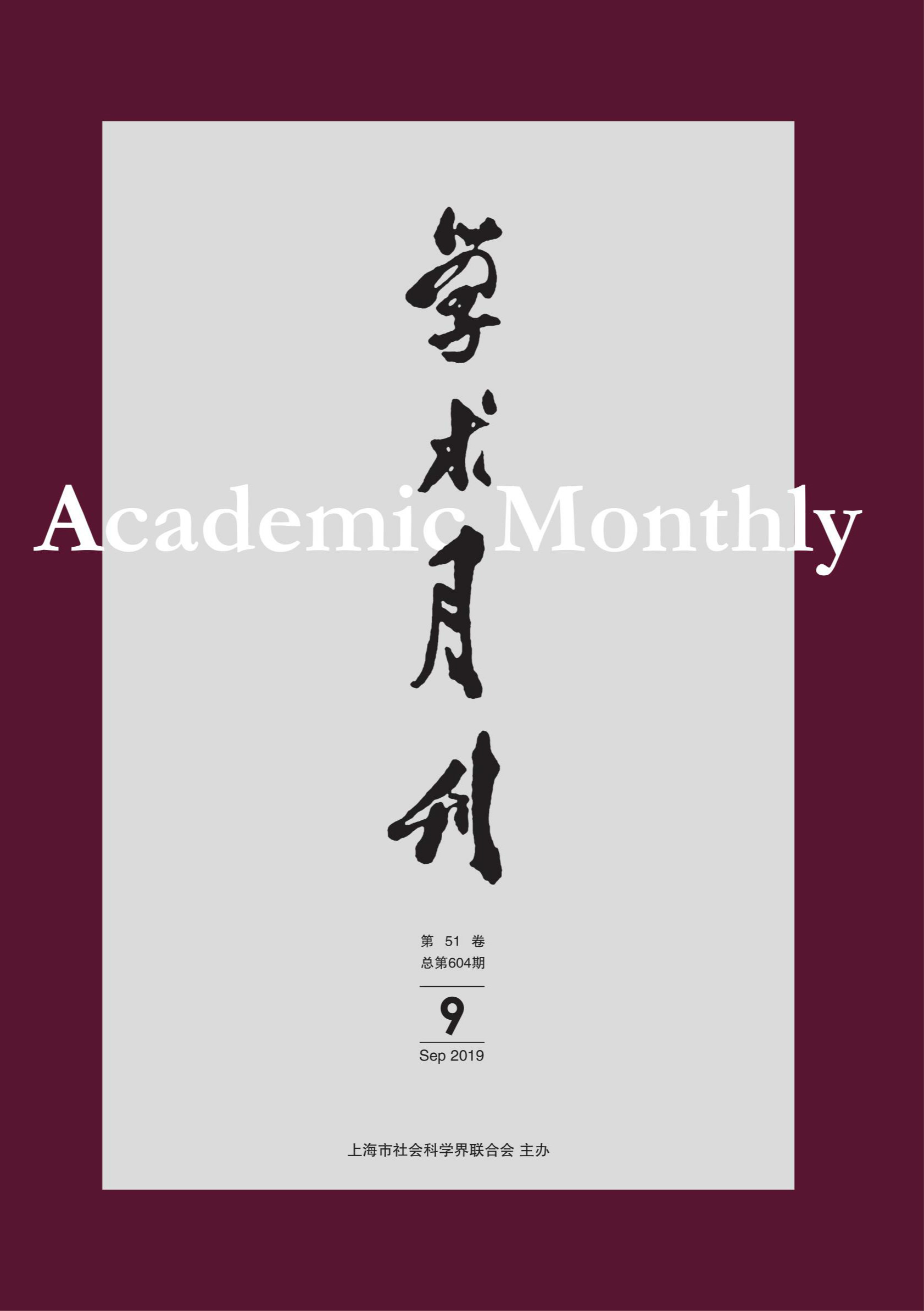On Protracted War and Its Receptions form All Sides
- Available Online: 2019-09-01
Abstract: With the outbreak of the Second Sino-Japanese War, a protracted war as expectation became a broad consensus in China. However, the Chinese Communist Party (CCP) and the Kuomintang (KMT) differed considerably on its interpretations. The KMT emphasized optimism and obedience to the leader as the key to success, while the CCP thought highly of mobilizing and arming the masses. In terms of military strategy, the KMT only focused on defense, whereas the CCP identified mobile warfare as priority and supplemented it with guerrilla warfare and positional warfare. Mao Zedong’s On Protracted War soon became influential after publication. Considering the KMT’s anti-Communist attitude, public discussions responded to the book in the disguise of advocating the Nationalist government’s propaganda about protracted war. Even economic argument took the book as basis or reference.



 沪公网安备 31010102003103号
沪公网安备 31010102003103号 DownLoad:
DownLoad: